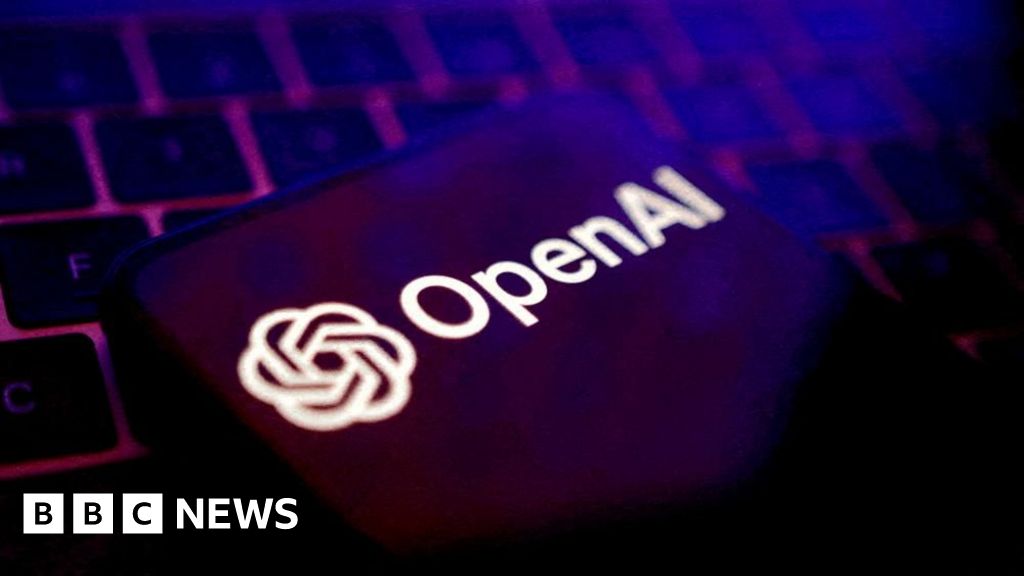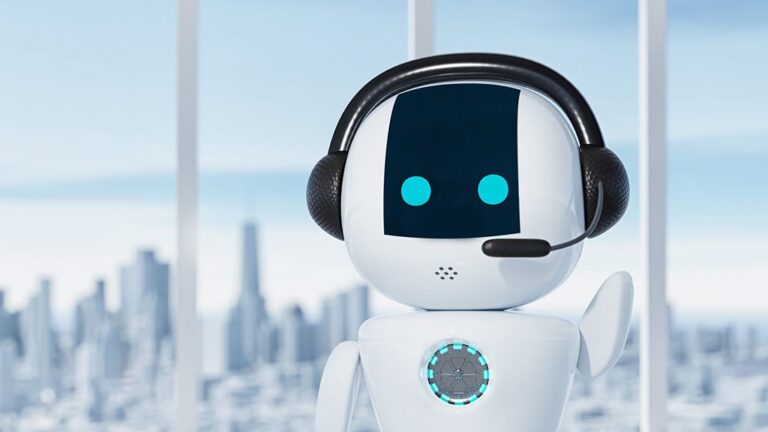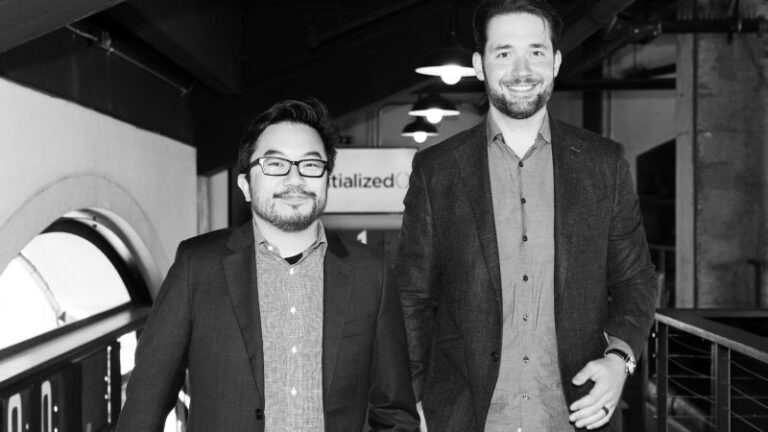OpenAI’s board of directors has officially rejected Elon Musk’s nearly $100bn offer for the maker of the world’s best-known artificial intelligence (AI) tool, ChatGPT. But the unsolicited bid might not be a failure – at least as far as Musk is concerned, experts say. That’s because the offer could still complicate CEO Sam Altman’s plans to transform OpenAI from a non-profit controlled entity to a for-profit company. Musk is “basically trying to stymie OpenAI’s growth trajectory,” said University of Cambridge associate teaching professor Johnnie Penn in an interview with the BBC. Last week, Musk and a consortium of investors, including Hollywood superagent Ari Emanuel, tabled a $97.4bn (£78.4bn) offer for all of OpenAI’s assets. It was a huge sum – but less than the $157bn the firm was valued at in a funding round just four months ago, and much lower than the $300bn that some think it is worth now. Complicating all of this is OpenAI’s unusual structure, which involves a partnership between non-profit and for-profit arms. Mr Altman is understood to want to change that, stripping it of its non-profit board. That involves costs which Mr Musk is seemingly trying to inflate. What Musk is trying to do here is raise the perceived value of the non-profit arm of OpenAI, so that OpenAI has to pay more to get out of the obligations it has to its own non-profit, said Dr Penn. The value of its non-profit assets isn’t clear. With his bid, Musk was floating a price, according to Cornell University senior lecturer Lutz Finger, who is also the founder and CEO of AI startup R2Decide. By Musk putting a price tag on the non-profit part, he makes the split way more expensive for Altman to do, said Mr Finger. It’s very simple. Mr Musk justified his actions by saying he wants to return OpenAI – which he co-founded – to its non-profit roots and original mission of developing AI for the benefit of humanity. Others, though, suggest he has somewhat less noble motives linked to his own AI company xAI and chatbot Grok, which have received a lacklustre response from the public. Musk has missed the AI train, somewhat. He’s behind, and he has made several attempts to catch up. Now, Mr Finger says, Mr Musk is trying to kneecap his most formidable competitor.
Source link




